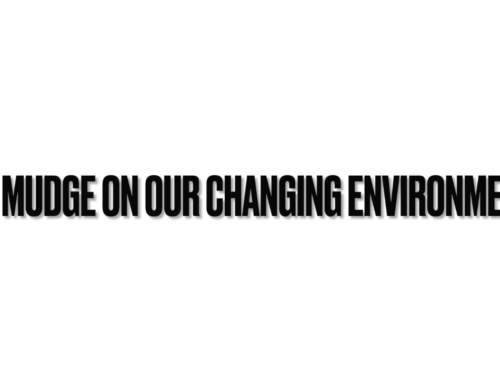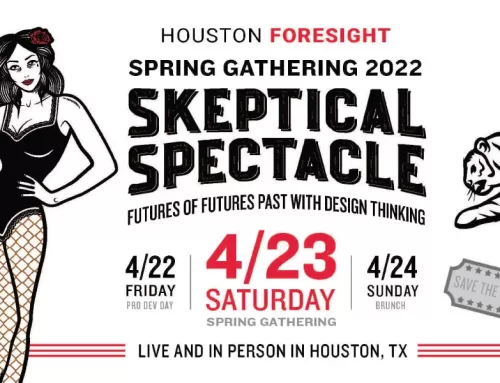An interesting learning from my dissertation on the role of organizational futurists in integrating foresight into organizations was that my early hunch about the political nature of the role indeed seems promising. My advisor at Leeds Metropolitan University, Jeff Gold, steered me toward the work of social constructionists, such as Ken Gergen, John Shotter, Vivien Burr and many others. The social constructionists suggest that people jointly construct meaning about the world. If you will reality itself is socially constructed. I had dabbled with these ideas with Berger and Luckmann’s 1967 classic The Social Construction of Reality, and now count myself persuaded!
The organizational futurist role, as I’ve characterized it, suggests an insider approach [see “Which type of futurist are you?”] recognizes that other approaches, such as the provocateur are viable and useful as well, but not appropriate to this role. The key rationale is that the socially constructed nature of meaning-making in the organization (and for that matter of the future itself) involves a high degree of dialogue and negotiation that is difficult to effectively participate in from outside the organization (i.e., in a consulting futurist role). The organizational futurist benefits from being “closer” to the inner workings of organization.
Three quotes illustrate how dialogue, rhetoric and argumentation are central to this meaning-making process, and the need for participation is vital.
- Cunliffe (pp.653-654), suggests “knowledge is ephemeral, indeterminate, embedded, and reflexive, thus one must be present with it.”
- Gergen (1985, p.267) notes that “the process of understanding is not automatically driven by the forces of nature, but is the result of an active, cooperative enterprise of persons in relationship.”
- Shotter (1999, p. 371) adds that…”our actions are, to an extent, responsively shaped by what occurs around us.”
If an organizational futurist accepts this argument, it suggests that rather than shrinking from organization life and its accompanying politics, it must be embraced. In other words, enter the fray to advance the cause of integrating foresight into your organization! Andy Hines
References
Cunliffe, A. (2011) Crafting qualitative research: Morgan and Smircich 30 years on. Organizational Research Methods, 14 (4), pp.647-673.
Gergen, K. (1985) The social constructionist movement in modern psychology. American Psychologist, 40 (3), pp. 266-275.
Shotter, J. (1999) A third way: from units and categories to dialogically structured, responsive, practical understandings. Human Development, 42, pp.369-375.





